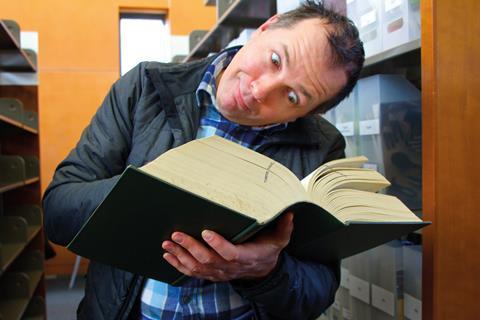In newspaper offices, the night lawyer – the in-house professional charged with spotting legal elephant traps before the presses roll – traditionally goes by the nickname ‘Necessity’. As in ‘Necessity knows no law’. This is highly defamatory, as anyone whose skin has been saved in the small hours will concede.
Of course Necessity’s relationship with the grubby hacks is easier when hacks have basic legal knowledge. Since 1954, that job has been done by the once-slim volume McNae’s Essential Law for Journalists. We say ‘once-slim’ because the 27th edition, published this week by Oxford University Press, weighs in at an impressive 601 pages. It is the fifth update in a decade.

Among the inclusions since Obiter’s first copy are strategic lawsuits against public participation (SLAPPs), data protection and the perils of live-tweeting from courts. Another innovation is the hefty chapter entitled ‘Challenging the courts’, no doubt inspired by co-author Sian Harrison’s experience as law editor of the Press Association.
On this topic, media specialist Mr Justice Nicklin, now presiding judge for Wales, had a useful word of advice for hacks seeking to challenge reporting restrictions. The time to do this is at the beginning of a trial, not just as the judge is busy composing sentencing remarks, he told the launch party. If that precaution is taken, judges genuinely welcome challenges, because they ‘help clarify where the boundaries lie’.
We’ll see.































No comments yet